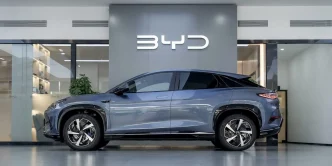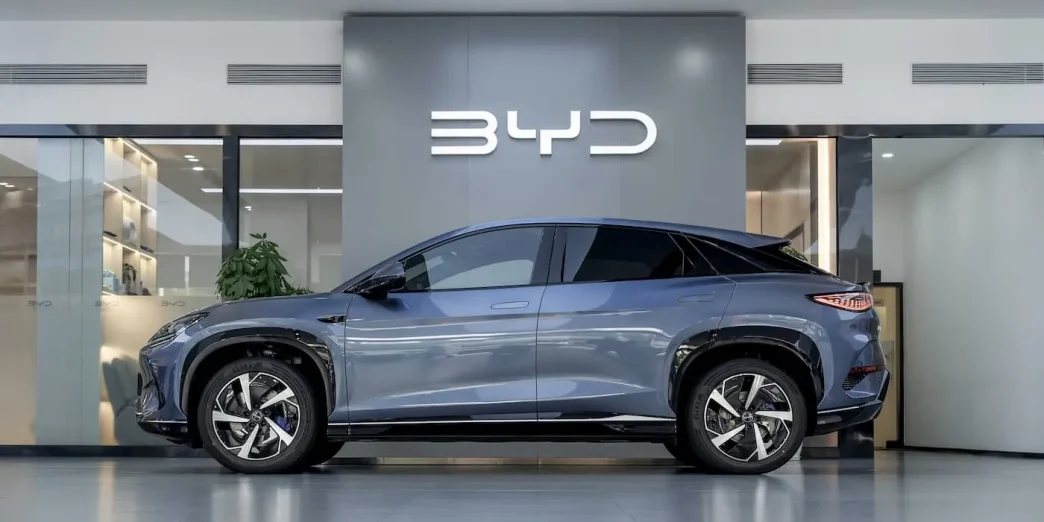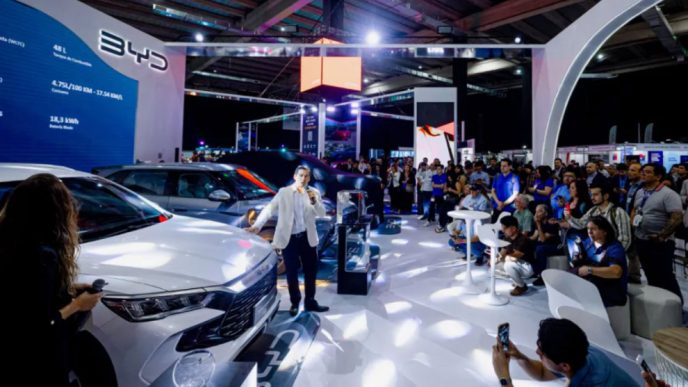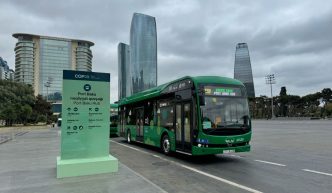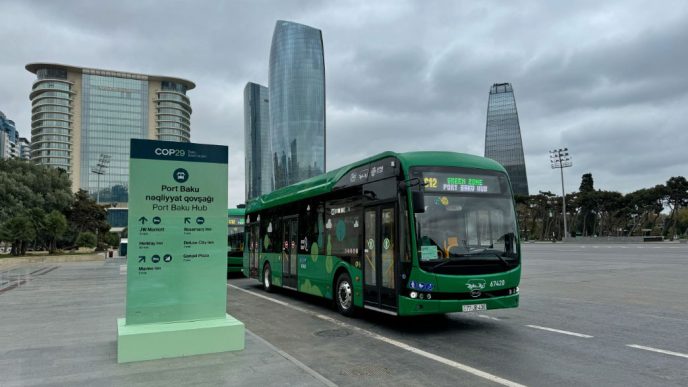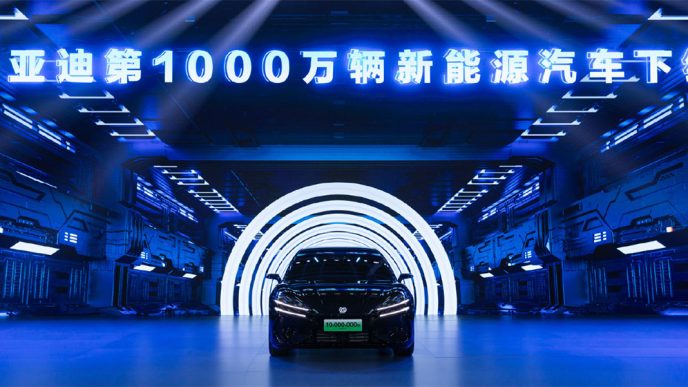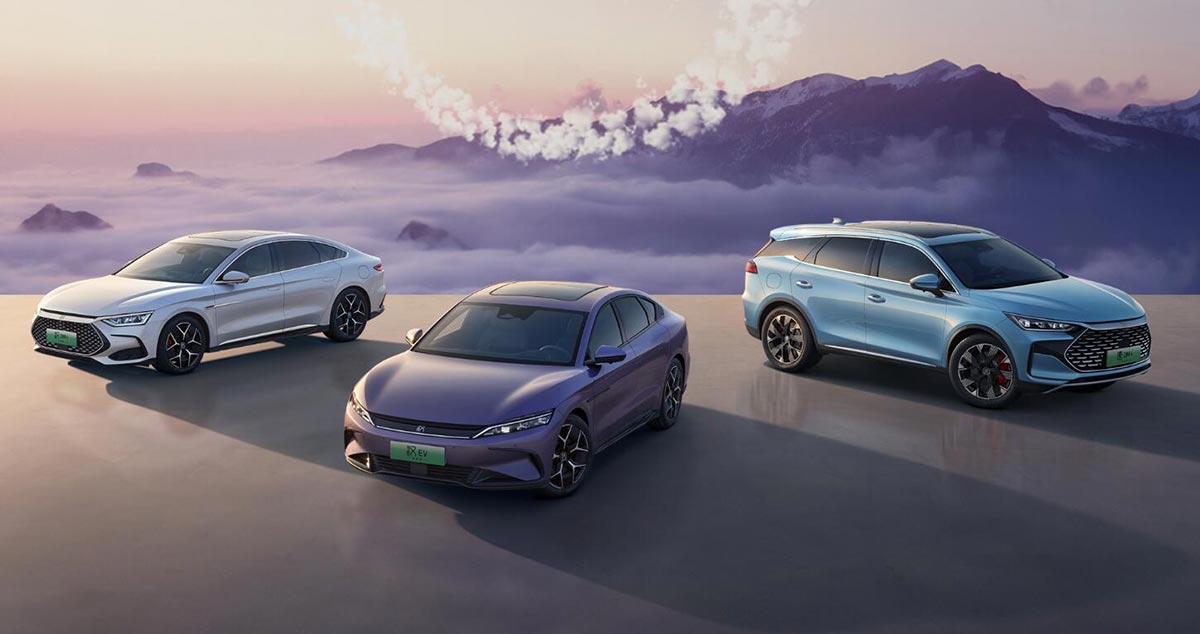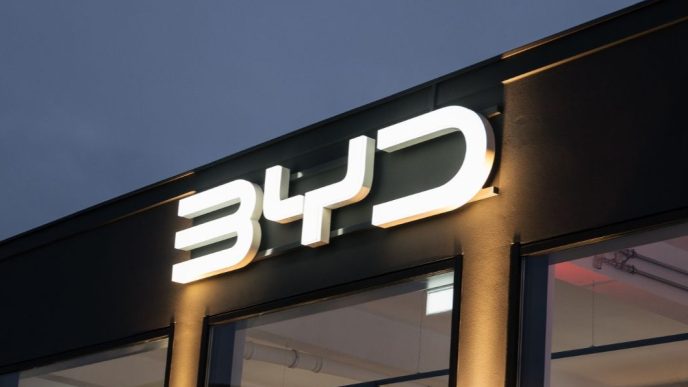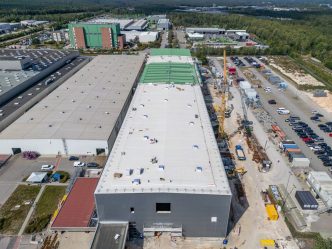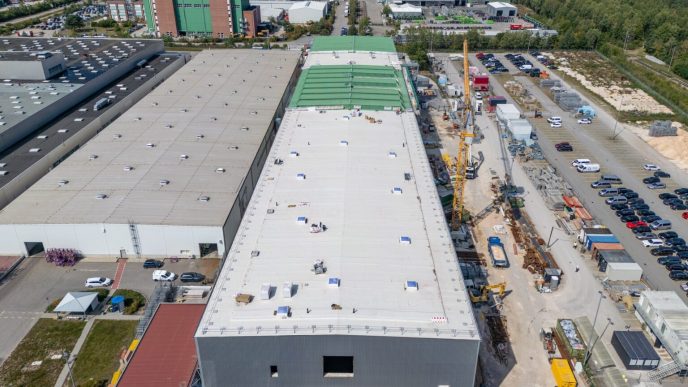Car plants under construction by China’s BYD and Germany’s BMW in Hungary are expected to commence production in the latter half of 2025, providing a potential boost to the country’s economy, Prime Minister Viktor Orban’s chief of staff stated on Thursday.
Hungary has positioned itself as a major trade and investment partner for China under Orban’s leadership, diverging from the approach of some EU nations that are exploring ways to reduce dependence on the world’s second-largest economy. In Europe, Germany remains Hungary’s largest trading partner, with several car manufacturers already operating in the country.
“The optimism for next year’s economic policy is supported by current developments,” Gergely Gulyas, Orban’s chief of staff, said in a briefing. “The new plants of BYD and BMW are going to start production next year, in the second half of next year.”
In central Europe, Orban has led efforts to attract Chinese electric vehicle and battery manufacturers, and China’s BYD announced plans last year for its first European plant in Szeged in southern Hungary. Germany’s BMW is also constructing a plant in Debrecen, joining other prominent Chinese investments such as the €7.3 billion battery facility by CATL in eastern Hungary.
Hungary’s economy, which dipped into a technical recession in the third quarter with a 0.7% contraction, faces challenges from downturns in agriculture, industry, and construction sectors. Orban’s government is under pressure to revitalize the economy ahead of the 2026 national election, where he faces competition from a new opposition party.
Despite these pressures, the Hungarian government anticipates 3.4% economic growth by 2025, with the incoming production capacity from BYD, BMW, and CATL’s battery project expected to support Hungary’s ambition to become a key player in the European electric vehicle supply chain.

